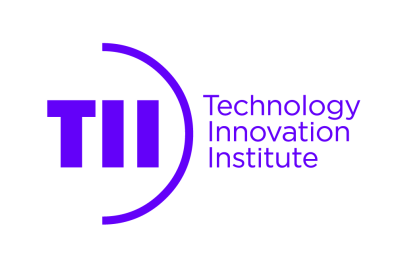
Congratulations to TII’s Autonomous Robotics Research Center’s (ARRC) for winning the Nanocopter AI Challenge (https://2022.imavs.org/index.php/competition/nanocopter-ai-challenge/), organized during the 13th edition of the International Micro Air Vehicle Conference (IMAV 2022: https://2022.imavs.org/). Some 25 teams registered from all over the globe and eight made it to the final round in Delft, the Netherlands, where the competition ran from September 12 to 16.
With the aim of advancing the state of the art for the autonomy of tiny drones, teams were asked to develop AI-enabled solutions for Bitcraze’s Crazyflie nanocopters to perform vision-based obstacle avoidance at increasing speeds. A nano-drone, measuring 9 cm x 9 cm was required to autonomously navigate a place crowded with static and dynamic obstacles (people, doors, walls, etc), only through leveraging its vision and the AI capabilities on board. For this purpose, the Crazyflies used in the competition were also
equipped with an AI deck, featuring a camera and the Greenwaves processor, capable of running deep neural networks.
Lightweight and small drones are safe to use and can navigate narrow spaces, making them promising for real-world applications that require them to fly in indoor environments. Use cases for tiny drones include exploring buildings during search and rescue missions to find victims of disasters, locating gas leaks, tracking stock in warehouses, and monitoring crop in greenhouses.
Our Nanodrones team - included ARRC team members Lorenzo Bellone, Michal Barcis, Enrico Natalizio, and in the initial stages, Agata Barcis - and was part of a larger team that comprised Prof. Luca Benini’s research group at the University of Bologna, Italy and Dr. Daniele Palossi’s team at the IDSIA USI-SUPSI of Lugano, Switzerland. Called PULP, the team made its fully autonomous nano-drone complete a fantastic 110 m-flight in 5 minutes with 0 crashes in a flight arena packed with dynamic obstacles (i.e., the maximum coefficient of difficulty). Second and third teams at the Challenge were from two of the best technological universities in Brazil: University of São Paulo and Federal University of Itajubá.
The team attributed its excellent performance at the challenge to the strong collaboration between the ARRC and the University of Bologna, as seen earlier during a demonstration day event the two teams staged in March 2022 at TII’s premises.
Based on the excellent results at the Nanocopter AI Challenge, the organizers asked PULP team to participate also in the Greenhouse Challenge (https://2022.imavs.org/index.php/competition/greenhouse-challenge/), whose purpose is to improve the autonomous navigation of drones in greenhouses for smart agricultural applications. What’s more, the team’s solid organization along with the hard work performed the night before the challenge by the members present at the competition earned ARRC a Special Achievement Award in this competition. Winning such challenges will go a long way in making TII a regional – and even global leader in autonomous drone navigation.


